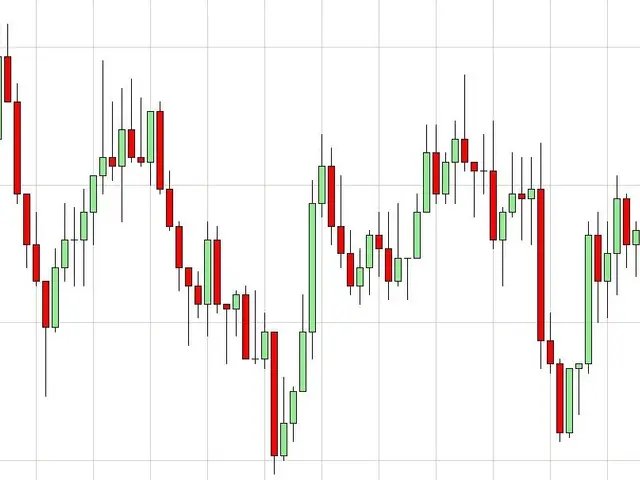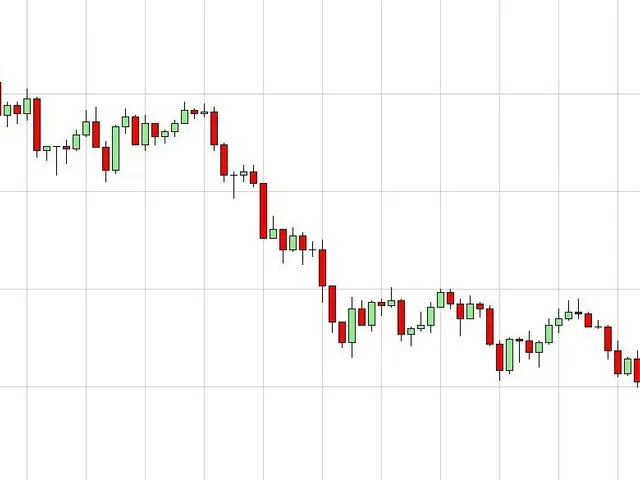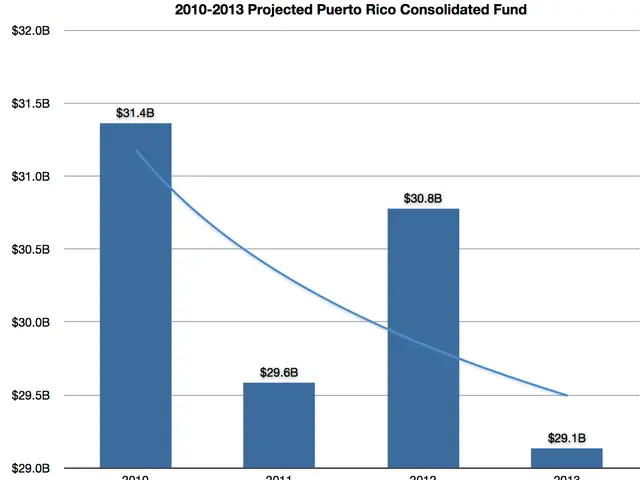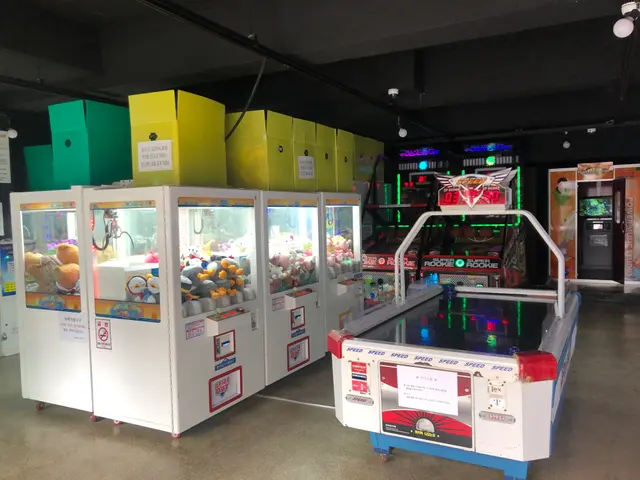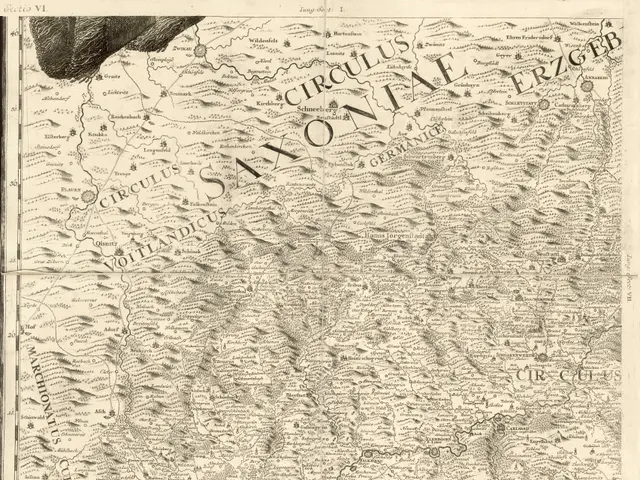Unity Software's shares fell by 12% this week for unexplained reasons.
Unity Software, a leading game development platform, has announced significant changes to its pricing structure, following a period of controversy and backlash over proposed runtime fees. The new pricing model, set to take effect from January 1, 2025, will see a return to a more traditional subscription and seat-based pricing system, with the abandonment of the previously proposed runtime fees tied to game installs.
Under this revised pricing framework, developers will pay based on subscription tiers such as Unity Pro, with charges depending on total annual revenue and team size. Unity has also pledged to offer customized packages for larger studios, aiming to better accommodate their specific needs.
These changes are designed to address the backlash caused by the original runtime fee plan, which developers criticised for being opaque, unpredictable, and potentially penalising success by charging fees on installs, including those from pirated or non-revenue-generating copies.
In a bid to improve transparency, Unity has promised clearer communication to rebuild trust with customers and investors that was damaged by the earlier pricing confusion. However, some developers remain cautious, given the abrupt nature of the initial changes and their impact on confidence.
A recording of a Unity company meeting, reviewed by Bloomberg, revealed details about the expected changes to the runtime fee policy. Unity Software believes that an install-based fee allows creators to keep the ongoing financial gains from player engagement. The company plans to limit the runtime fees to 4% for games making over $1 million in revenue, and will not make the game install counts retroactive, only those generated after Jan. 1, 2024, will be counted.
Unity Software's shares have taken a hit as a result of these changes, with the stock down 12% this week as of Thursday's close. The broader market pullback this week has further dragged down shares of the video game stock, including Unity Software's.
In response to customer feedback, Unity Software has added an editor's note to its original blog post, expressing regret for the confusion and angst caused by the runtime fee policy announcement. The company has also promised another update regarding its revised pricing structure in the coming days.
Investors and Unity customers are awaiting more clarity regarding the changes to the company's pricing structure with bated breath. Despite the revisions, it remains to be seen how these changes will impact the long-term success of Unity Software and the game development community it serves.
- Investors are closely monitoring Unity Software's revised pricing structure, as the changes aim to improve transparency and rebuild trust, following controversies over the proposed runtime fees.
- Unity's new pricing model will shift towards a subscription and seat-based system for developers, with charges dependent on annual revenue and team size, while also offering customized packages for larger studios.
- The finance sector is keeping a close eye on Unity Software's stock market performance, as the company's shares have seen a 12% drop this week in response to the announced changes in the runtime fee policy.

